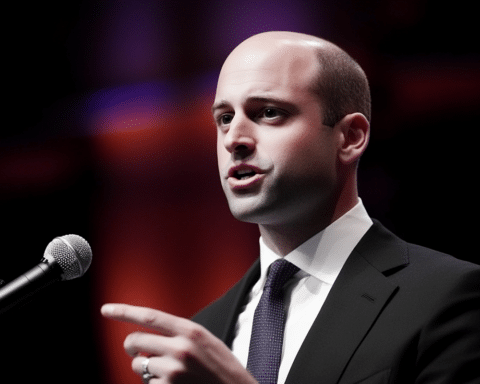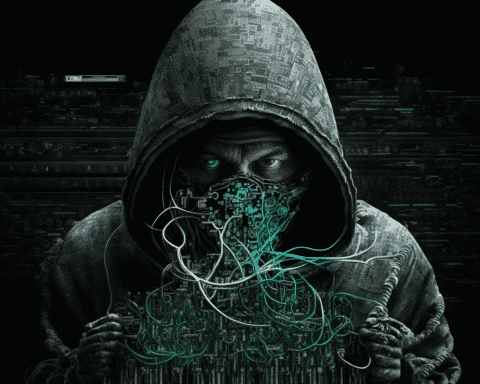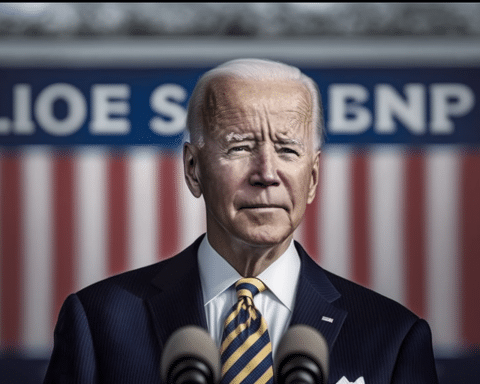President Joe Biden recently signed a groundbreaking piece of legislation that could mark the end of TikTok’s availability in the United States. The new law requires ByteDance, TikTok’s Chinese parent company, to divest from the social media platform or face a potential ban across the country. This decision comes amid ongoing concerns about national security and data privacy.
A Decisive Legislative Move
Decisive Action from the U.S. Senate
The legislation received overwhelming support from the U.S. Senate, with a vote of 79 to 18 in favor. This move reflects growing bipartisan concern over foreign control of apps and the potential for espionage and misuse of American data. The law provides ByteDance with a nine-month deadline to sell TikTok to a U.S.-based company or one not deemed an “adversary foreign entity” by the U.S. government.
Consequences of Non-Compliance
Facing a Nationwide Ban
Should ByteDance fail to comply within the given timeframe, TikTok risks being removed from major U.S. app stores such as the Apple App Store and Google Play Store. Failure to adhere to the new law will also expose app stores to hefty financial penalties. This drastic step underscores the severity of the U.S. government’s stance on protecting its digital landscape.
Legal Challenges and Political Responses
TikTok’s Fight Against the Legislation
TikTok’s U.S. representative, Michael Beckerman, announced the company’s intention to challenge the law in federal courts, claiming it infringes on the First Amendment rights to free speech. This legal battle highlights the tension between national security concerns and individual liberties. The law’s passage was also influenced by prior votes in the House of Representatives, which demonstrated strong legislative support for regulating the app.
International Reactions and the Future of TikTok
Global Implications and Defense
China and TikTok have expressed strong opposition to the U.S. actions, with China accusing the U.S. of “intimidation tactics” and TikTok CEO Shou Zi Chew stating that the law represents an outright ban. These international tensions underscore the broader geopolitical conflicts that arise from global digital platforms.
As the U.S. government takes a firm stand against potential cybersecurity threats, the future of TikTok hangs in the balance. This legislation not only affects the millions of Americans who use TikTok daily but also poses significant implications for global digital policy and internet governance. The coming months will be crucial as ByteDance navigates the legal landscape and as the U.S. continues to define its position on the global stage of digital interaction.




